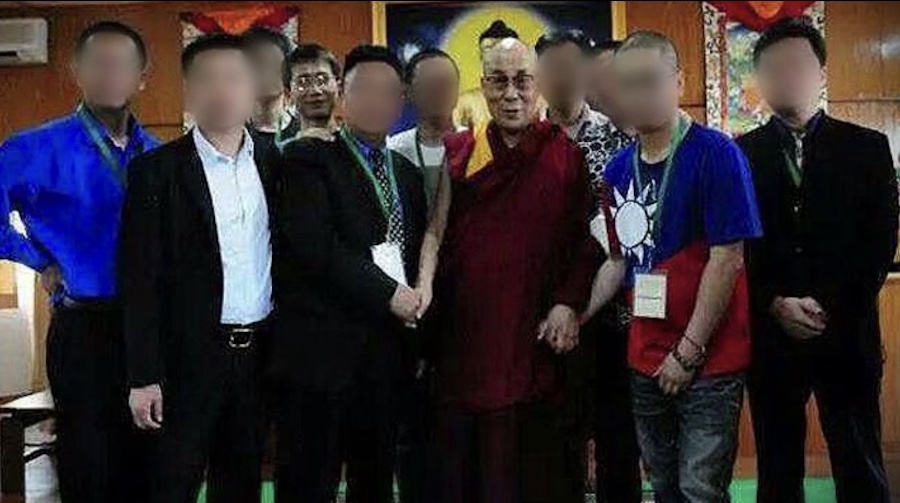By Tendar Tsering
 DHARAMSHALA, November 28: Less than three months after Beijing announced plans to intensify its mining efforts in the Tibetan Autonomous Region (TAR), Chinese authorities in eastern Tibet have decided to quintuple the amount of money spent in the last five years on exploiting minerals in the region.
DHARAMSHALA, November 28: Less than three months after Beijing announced plans to intensify its mining efforts in the Tibetan Autonomous Region (TAR), Chinese authorities in eastern Tibet have decided to quintuple the amount of money spent in the last five years on exploiting minerals in the region.
China plans to invest nearly 18 billion Yuan ($2.82 billion) in the coming five years to exploit minerals in the so called Qinghai region of eastern Tibet, Xinhua, China’s state mouth piece reported Saturday.
“Qinghai aims to earn a revenue of 17.9 billion Yuan for excavating coal, iron, gold, potassium salt, copper, lead, zinc and cobalt within five years,” the Qinghai Land and Resources Department said in a press release.
Beijing, in August, announced that it will accelerate its mining projects in the TAR.
Zhang Qingli, the then secretary of the TAR Committee of the Communist Party while announcing plans of exploring Tibet’s minerals in an intensive way in the coming five years had told reporters that China needs to “accelerate exploration” before planning how to make use of it.
Exile Tibetans remain skeptical of China’s claims of exploiting Tibet’s minerals in an “environmental friendly way” with the promise of “creating job opportunities” for local people.
Head of the Environment and Development Desk of the Central Tibetan Administration, Tenzin Norbu told Phayul earlier that the China is trying to green-wash its past mistakes in front of the international media and once again fool the local residents with such claims.
“Promises of job creation and raising income levels were made to the local Tibetan residents of Phondo, Lhundrup Zong and many other mining areas but they were turned down during the actual mining period. Mining protests relating to environment negligence and pollution are frequent in Tibetan areas,” Norbu said.
In May 2010, local Tibetans in the U Yuk Sogchen sub-district of Namling Shigatse protested environmentally destructive gold mining activities after repeated appeals to the local authorities for an end to the hazardous gold mining were ignored.
Tsering Woeser, noted Tibetan blogger and recipient of the International Women’s Media Foundation’s Courage in Journalism award said the number of mines in Tibet has increased dramatically since 2006.
“For the past few years, Tibetan villagers have been protesting against the mines and writing letters to the Chinese government asking for their concerns to be addressed,” Woeser said. “But the government never cared.”









